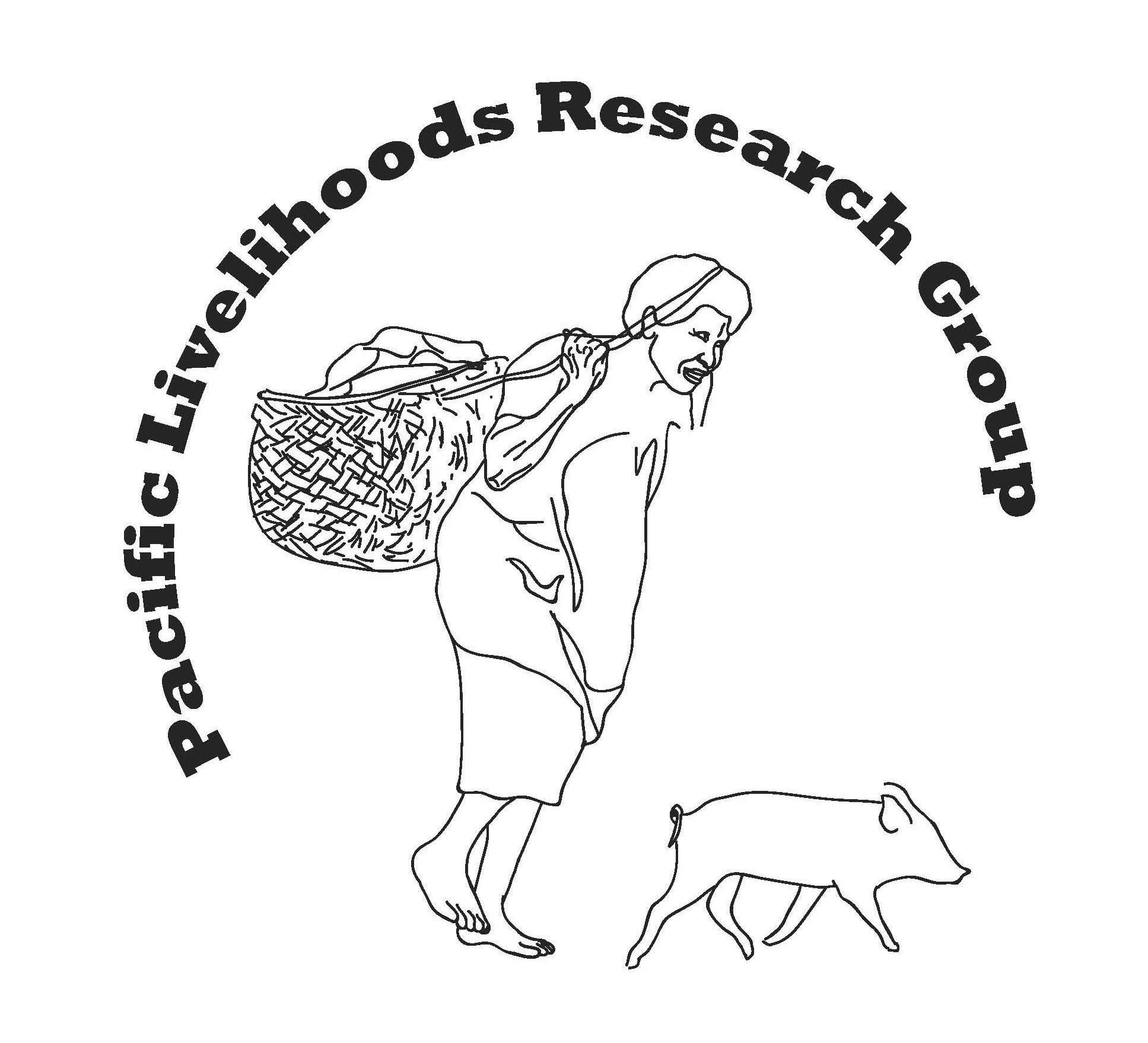George N. Curry & geraldine tilden

A major challenge confronting agricultural extension officers in many parts of the developing world is the lack of training resources based on the low input methods of farming practised by the vast majority of smallholder farmers. Instead, most agricultural extension, worldwide, has been founded on the premise that farmers were in transition from ‘traditional’ low-input farming practices using low levels of technology and few or no external inputs, to high input, capital-intensive farming methods using high levels of external inputs. The job of extension, then, was to facilitate this transition. The problem is that the transition to modern farming methods requires a transformation not only of traditional farming methods, but also of many aspects of the lives of smallholder families. For example, customary forms of collective property rights must become more individualised, and external inputs requiring the adoption of new technologies, mechanisation, formal credit, seeds, fertilisers, pesticides, and wage labour, sit uneasily with culturally valued traditional farming practices.
Thus, efforts to shift farmers to high input farming have been largely unsuccessful in many countries, including PNG, because they are incompatible with a wide range of socio-cultural factors that make such transitions difficult or unattractive for the communities involved.
To address the lack of training materials accommodating low input coffee production methods, an ACIAR Smallholder Coffee Production in Papua New Guinea Training Package was recently developed to assist extension officers address these challenges and to work more effectively with smallholder farmers. This has been a huge collaborative effort involving the PNG Coffee Industry Corporation (CIC) researchers and extension officers, the private sector, NGOs and smallholder farming families.

The package has been designed to provide extension officers with resources to assist smallholder farmers in all aspects of coffee production from establishing a new coffee garden, through to coffee harvesting, processing, marketing and financial management. All modules focus on the low input production system and incorporate simple low-cost techniques for farmers which are the key to sustainable production, producing quality coffee and strengthening the resilience of smallholder livelihoods. In addition, there is a separate set of modules for training cadet extension officers.

The training package also addresses many of the 2015 United Nations Sustainable Development Goals. The package uses a ‘whole farm system’ or smallholder-livelihoods approach to extension training that considers environmental, sociocultural, gender and income aspects within broader livelihood strategies.
Ten key principles guided the development of the package following the themes of sustainable production, labour efficiency, and participation of women in coffee on a fair and equitable basis. The ten principles are:
1. Recognition that low input production strategies are pursued by the vast majority of smallholder coffee growers.


Using a hand pulper to pulp coffee cherry
Pulping coffee cherry with a stone
2. Women play a central role in coffee production.

3. Smallholder farmers pursue a range of livelihoods in addition to coffee.

4. Coffee farmers are a diverse group.


6. Coffee farmers can benefit from simple nutrient cycling strategies in their coffee gardens.


(Credit: Andrew Johnson(UF/IFAS).
8. Farmer groups are the basic unit for extension delivery.



Final comments
The training material is conveyed using a collaborative learning approach to encourage farmers to become fully engaged in the training.
CIC extension will be the main agricultural extension provider using the training package to train their own farmer groups, cooperatives, as well as other extension providers, such as private sector extension providers and NGOs. It will also be used by CIC’s Women in Coffee Development Programme. The package will be registered with the National Training Council (NTC) to allow CIC to register a CIC coffee training school. This ‘training of trainers’ (TOT) model will greatly extend CIC’s extension capacity and reach.
Finally, implementation of the training package by many arms of the industry will help establish strong links between production and marketing which are necessary for the long-term social and environmental sustainability and economic viability of the PNG coffee industry.
The CBB training guide, presented in our previous blog was the first module to be published. As other modules are completed, they will be made available on the ACIAR website.
These modules have been developed under the ACIAR funded project Improving livelihoods of smallholder coffee communities in Papua New Guinea (ASEM-2016-100).
